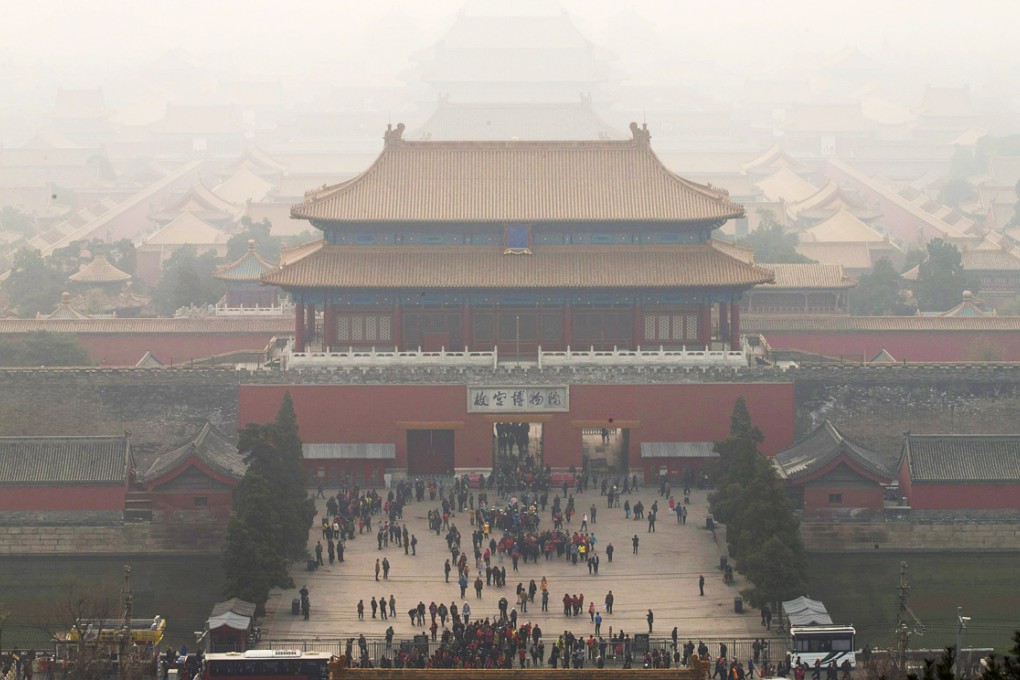Beijing considers permanent odd-even ban on vehicles after success of 'Apec blue'
Beijing will discuss the feasibility of permanently banning vehicles from the roads on alternating days based on their number plates, after a relatively successful test drive.

The Beijing municipal government will discuss the feasibility of permanently banning vehicles from the roads on alternating days based on their number plates, after a relatively successful test drive earlier this month.

The ban, which restricted cars on alternate days based on whether the last digit of their number plates are odd or even, had helped to effectively ease traffic and bring down air pollution.
“The public has voiced various positive feedbacks on the prohibitions of vehicles from the roads on alternative days, proposing it to become a norm, including on weekends,” said Beijing Executive Vice-Mayor Li Shixiang, according to the official party newspaper People’s Daily.
The government would hold panels to discuss the proposal, according to Li, who was speaking at the Beijing, Tianjin, Hebei Regional Economic Development Forum.
But he said the decision was not yet final. “We cannot respond without studying or discussing” the proposal, he was quoted as saying.